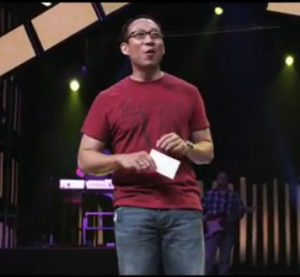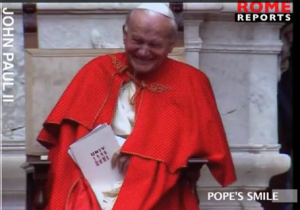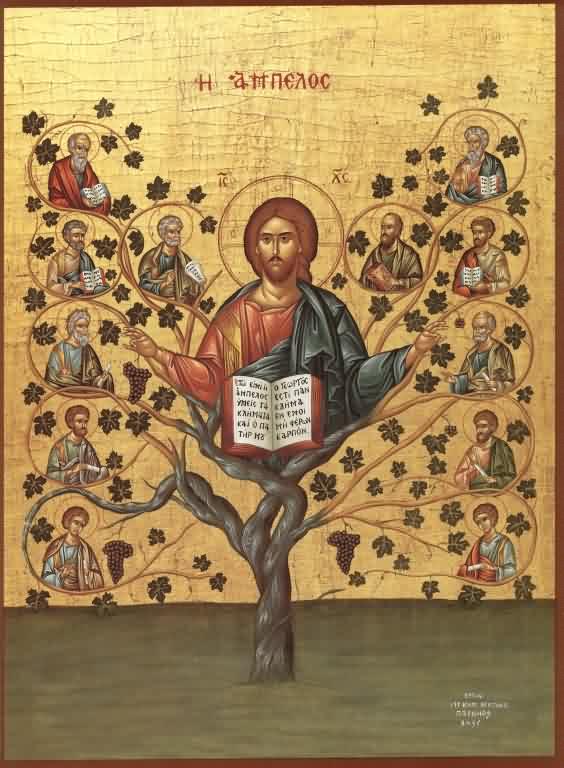Today I got to take another of my friends to the Byzantine Liturgy for the first time. As I’ve said before, I think that every Western Catholic should visit an Eastern Rite parish at least once, in order to gain an understanding of the variety within Catholicism.
One of the most obvious differences between the Byzantine Liturgy and a typical Western Mass is that, in the Byzantine Liturgy, almost everything is sung. I find it interesting, therefore, that one of the parts of the liturgy most commented upon by visitors is one of the few parts of the service which isn’t sung. The part I’m referring to is the prayer which is said by the congregation prior to communion:
O Lord, I believe and profess that you are truly Christ, the Son of the living God, who came into the world to save sinners, of whom I am the first. Accept me as a partaker of your mystical supper, O Son of God; for I will not reveal your mystery to your enemies, nor will I give you a kiss as did Judas, but like the thief I confess to you: Remember me, O Lord, when you shall come into your kingdom. Remember me, O Master, when you shall come into your kingdom. Remember me, O Holy One, when you shall come into your kingdom. May the partaking of your Holy Mysteries, O Lord, be not for my judgment or condemnation, but for the healing of soul and body.
O Lord, I also believe and profess that this, which I am about to receive, is truly your most precious Body and your life-giving Blood, which, I pray, make me worthy to receive for the remission of all my sins and for life everlasting. Amen.
I really do love this prayer. It’s so well designed to prepare us to receive the Eucharist. We put our faith in Lord. We trust in His great mercy. We acknowledge the seriousness of what we are about about to partake: the body, blood, soul a divinity of Jesus Christ.

 In the past I’ve attended non-Catholic churches and heard things like “We don’t do liturgy“. The funny thing was that when I came back the following week the service was exactly the same. It was identical the next week…and also the week after that… Things happened pretty much like clockwork.
In the past I’ve attended non-Catholic churches and heard things like “We don’t do liturgy“. The funny thing was that when I came back the following week the service was exactly the same. It was identical the next week…and also the week after that… Things happened pretty much like clockwork.













